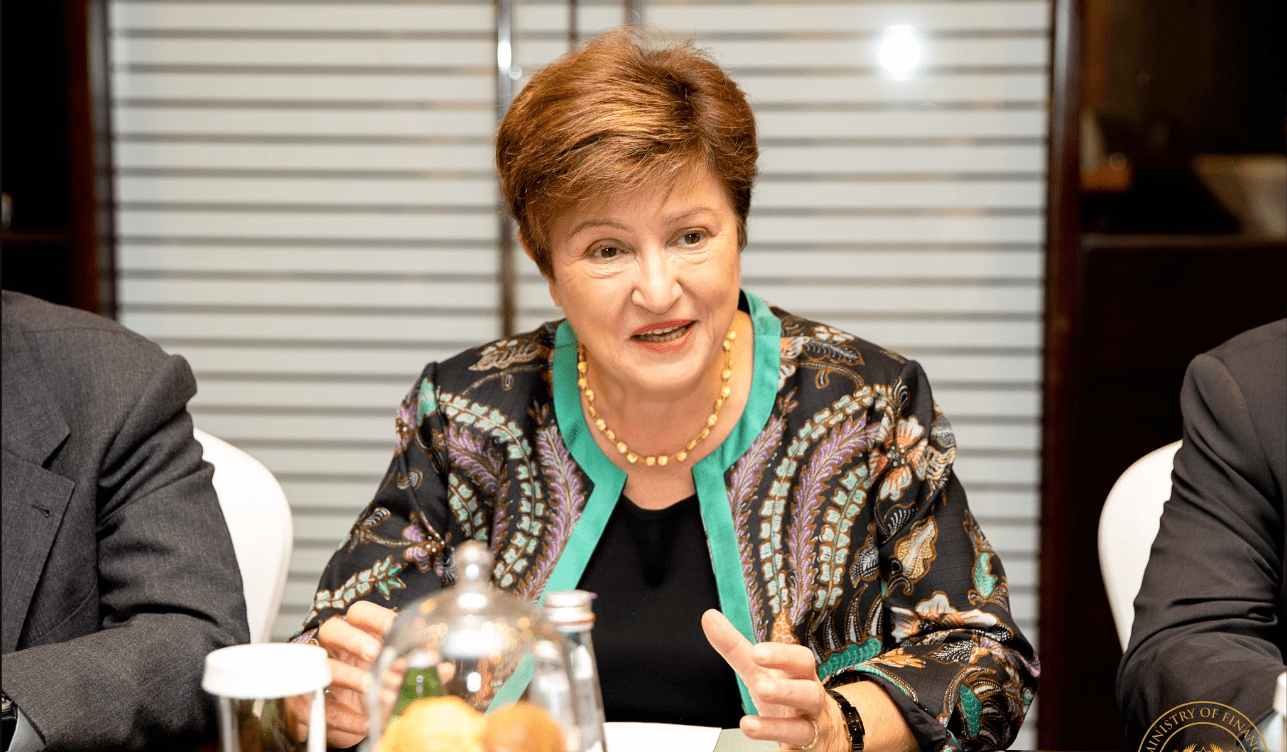
The International Monetary Fund (IMF) has called on member nations to collaborate actively in fostering a stable and predictable global trade environment. This effort, the Fund emphasized, is critical for bolstering international cooperation, addressing domestic policy gaps, and tackling structural imbalances that undermine economic stability.
In a recent statement, the IMF underscored the importance of implementing policies that not only strengthen domestic economies but also contribute to global stability. Among the recommended strategies are initiatives to promote healthy aging and increase workforce participation, particularly among women and older individuals. These measures, the IMF noted, could stimulate growth, ease fiscal pressures, and address demographic challenges.
The Fund also highlighted the potential of integrating migrants and refugees more effectively into labor markets to enhance productivity. Addressing skill mismatches, it suggested, is essential to harness the full potential of diverse workforces and drive economic progress.
Global Economic Landscape: Stabilization Amid Challenges
After enduring an unprecedented series of global shocks, the IMF noted that the world economy is showing signs of stabilization. However, growth remains modest, and the outlook is fraught with uncertainty. Governments worldwide are reevaluating policy priorities, and this shifting landscape has driven global economic forecasts downward compared to the January 2025 World Economic Outlook (WEO) Update.
One alarming trend is the rise in effective tariff rates, reaching levels unseen in a century, which has contributed to a volatile and unpredictable trade environment. Global inflation, while declining, is expected to do so more gradually than initially projected.
Escalating Risks and Uncertainties
The IMF warned that intensifying downside risks are dominating the global economic outlook. Escalating trade tensions and rapid shifts in financial markets could tighten global financial conditions further. Prolonged trade wars and heightened policy uncertainty, it cautioned, threaten to stifle both short-term and long-term economic growth.
The risks are not limited to trade. A retreat from international cooperation could undermine efforts to build a resilient global economy. With many nations grappling with low growth and high debt levels, the IMF stressed the urgency of coordinated global action to address these challenges.
Navigating Transformative Changes
Amid these uncertainties, transformative forces such as artificial intelligence (AI) and demographic shifts are reshaping the economic landscape. While these forces offer opportunities for innovation and growth, they also require adaptive policy frameworks to manage their disruptive effects.
The IMF’s call for unity and constructive engagement among nations serves as a reminder of the interconnected nature of today’s global economy. In an era of heightened uncertainties, collaborative efforts to build a stable, predictable, and inclusive economic environment are more critical than ever.
Story by: Mercy Addai Turkson #ahotoronline.com




